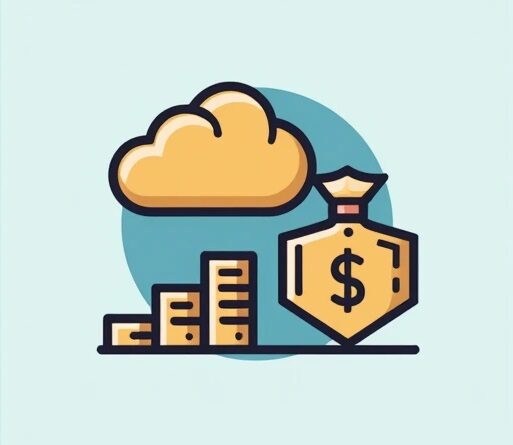Income Tax 2024: Who needs to file? Who is exempt? What is the deadline for filing?
Brazilian Individual Income Tax Declaration (IRPF) for 2024: New Regulations and Changes
The Brazilian Revenue Service (Receita Federal) has announced key updates to the Individual Income Tax Declaration (Imposto de Renda Pessoa Física, IRPF) for 2024, based on income from 2023. These changes are significant, affecting individual taxpayers and potentially altering the administrative workload for companies that manage payroll and tax compliance for their employees.
Key Changes in the IRPF Declaration for 2024
1. Increased Exemption Limits
– The income threshold for being obligated to file the tax return has been increased from R$ 28,559.70 to R$ 30,639.90. This means fewer individuals will be required to file their tax returns, potentially reducing the administrative burden for companies that handle payroll and tax compliance for their employees.
2. Declaration Requirements for Non-Taxable Income
– Individuals who received more than R$ 200,000 in non-taxable or exclusively source-deducted income (such as savings account interest or FGTS) must declare their income. This could affect businesses that provide services or benefits that generate such income for their employees.
3. New Regulations for High-Net-Worth Individuals
– Individuals with assets abroad are now required to declare them. This new requirement could significantly influence businesses dealing with international finance, offshore investments, or those with employees with significant foreign assets.
4. Tax Changes on Cryptocurrencies
– Bitcoin and other cryptoassets must now be identified and declared. This point is particularly strategic for businesses involved in digital currencies or blockchain technologies.
5. Introduction of Pre-filled Forms
– The introduction of pre-filled forms aims to make the process easier for taxpayers, which could affect businesses that provide compliance services or have employees that rely on this service.
6. New Declaration Period
– The declaration period is set from March 15 to May 31, giving individuals and businesses more time to prepare and submit their tax returns.
Impact on Businesses and Tax Compliance
These changes are crucial for businesses as they directly impact the fiscal obligations of their employees. Companies must adjust their internal compliance schedules and ensure they are up-to-date with the new regulations to avoid penalties and ensure smooth operations.
1. Reduced Administrative Burden for Companies
– With the increased exemption limits, fewer employees will be required to file individual tax returns, potentially reducing the administrative workload for companies.
2. Increased Compliance for Offshore Assets
– Companies dealing with international finance or offshore investments must now ensure their employees with assets abroad are compliant with the new regulations to avoid potential penalties.
3. Special Considerations for Cryptocurrencies
– Businesses involved in digital currencies or blockchain technologies must educate their employees about the new requirements for declaring cryptoassets.
4. Opportunities for Financial Advisory Services
– The introduction of new regulations could lead to increased demand for financial advisory services that specialize in international tax compliance, tax-efficient investing, and asset management strategies.
Conclusion
The changes in the Brazilian Individual Income Tax Declaration for 2024 are significant, affecting both individuals and companies. Businesses must adapt their compliance processes to ensure they remain compliant with the new regulations, while also potentially benefiting from reduced administrative burdens and increased demand for specialized financial advisory services. These updates reflect the ongoing evolution of tax regulations in Brazil and underscore the importance of staying informed and compliant with the latest tax laws.


